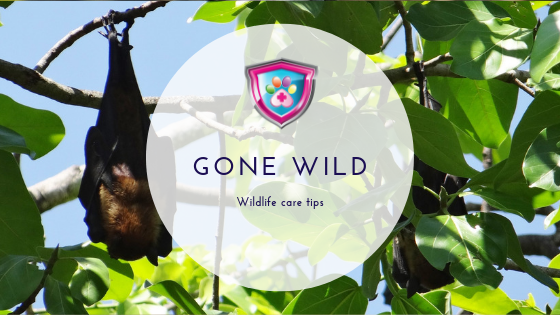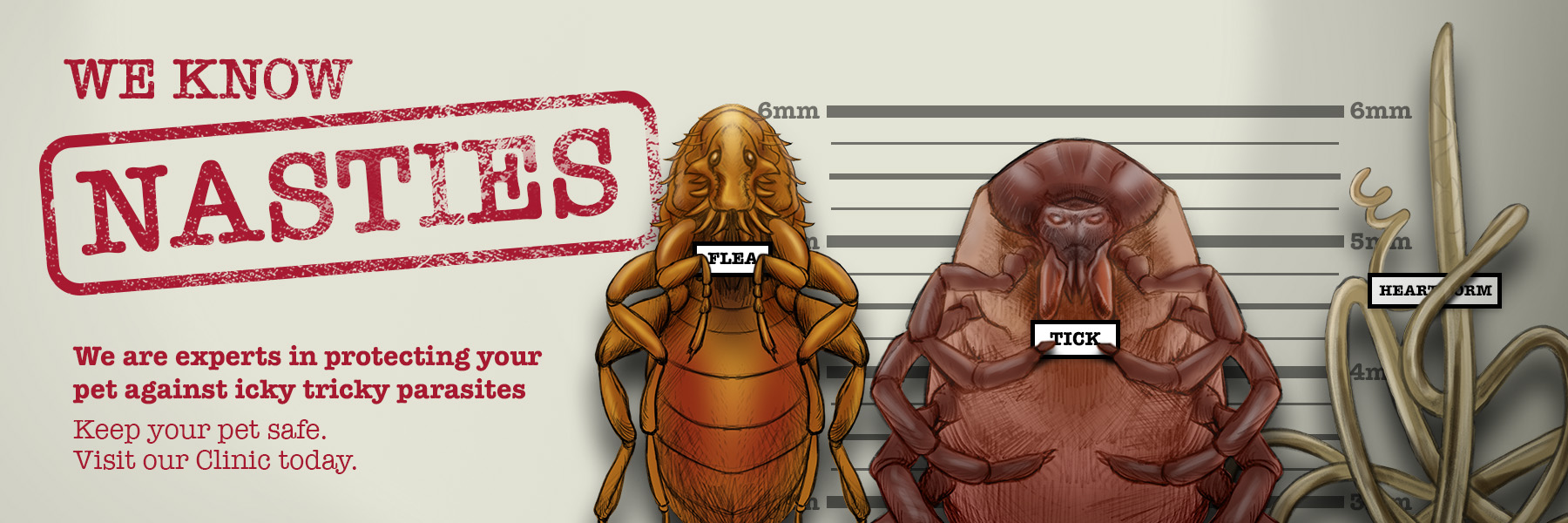So you’ve just found a sick, injured or orphaned wildlife – you’re channelling your inner Steve or Bindi Irwin, but now what?
1. Your safety first
Well, lets just start with the most important thing, that’s safety. We want you and the animal you’re attempting to save to stay safe so we’ll give you some handy handling tips to mitigate any risks.
Unless you consider yourself a Herpetologist and can confidently identify your Eastern Brown from your Coastal Carpet Python then back away from the snake. Give us a call, we may be able to help or refer you onto a local snake handler.
What else can cause you harm (well, we live in Australia, everything is trying to kill us)?
But there you are, you see a cute little bat on the ground in need… this is another animal you should never handle unless you are vaccinated against Australian Bat Lyssavirus (ABLV). ABLV is related to the Rabies Virus and is known to be transmitted through a bite, contamination of a wound, mucous membranes infected with saliva or deep scratch from a sick and infected bat.
2. Safety for the animal
Animal safety is vital. One piece of wisdom we can pass onto you is about marsupials. It’s imperative that you never remove a baby marsupial from the teat. Even if the mother has passed away keep the baby within the pouch until assessed by an experienced vet or wildlife carer.
So you’ve followed our tips above and safely handled the wildlife in need.
You should place the animal in a covered box or cat carry cage. Allow for ample ventilation.
Provide the animal with some soft bedding if available. To keep the animal as stress-free as possible you can minimise handling, movements, noise and bright lights.
3. Drop-off
The last step – come down to Supervets with the wildlife you have safely found. One of our vets will assess the animal, provide any necessary treatment and refer them onto the RSPCA or a qualified wildlife carer for rehabilitation.
You’ve now been rewarded wildlife warrior status, go you!
If you ever need any advice call us on (07)3893 0509 or contact the RSPCA on 1300ANIMAL.


